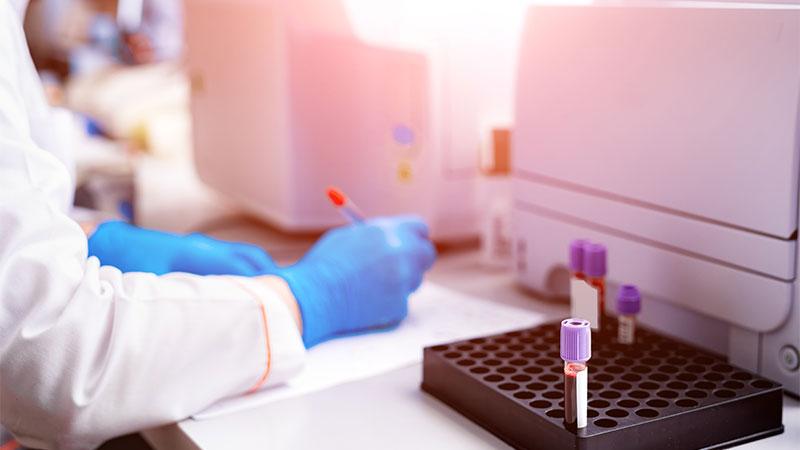A study from the University of Westminster’s Research Centre for Optimal Health (ReCOH) led by Dr Mica Ji has developed an Artificial Intelligence (AI) method to predict the early onset of 38 age-related diseases, including rheumatoid arthritis and dementia, harnessing the power of AI to foresee health risks before symptoms appear.

The research team started by analysing health data from over 60,000 UK Biobank volunteers which included blood test results, body measurements, Magnetic Resonance (MR) imaging data and medical history. Using this data, they built an AI-based risk prediction model that estimates the risk of individuals developing certain diseases earlier than average. Unlike traditional risk prediction models that only predict risk from the time of a health check, the new method predicts risk from birth. That means doctors can identify people who are ageing faster and take steps to delay disease onset.
Researchers then used the model to look at 47 different health conditions to analyse which ones tend to occur together and reveal which factors are most important for predicting the timing of disease onset.
The study uncovered three distinct clusters of diseases (cardiometabolic, digestive-neuropsychiatric and vascular-neuropsychiatric) and revealed that developing one disease early often signals a higher risk of others.
It also showed the relationship between different diseases and their co-occurrence, allowing ReCOH researchers to calculate how certain diseases make others more likely. This highlighted a correlation between mental and physical diseases, such as the early onset of rheumatoid arthritis having a strong association with the early onset of insomnia and depression.
Along with this the model highlighted that Body Mass Index (BMI) was less useful for predicting early diabetes than blood sugar levels (HbA1c). Body composition and grip strength were also found to be as important as circulating blood biomarkers in predicting accelerated disease onset.
Crucially, the AI model can flag high-risk patients years before symptoms begin, enabling targeted interventions and reducing the burden on healthcare. The research also shows that diseases do not co-occur randomly and should not be treated in isolation; early diagnosis of one disease is a strong enough signal to monitor a patient for other closely associated diseases, potentially improving healthcare efficiency.
Dr Mica Ji, who led the study at the University of Westminster, commented: "The biomedical community has long suspected that the age at which someone develops a health condition is as important of a clue to their health trajectory as the binary statement of whether they had or will have a diagnosis. Our study provides evidence for this hypothesis by showing that early onset risk of a given health condition is generally a strong predictor of early onset of multiple other conditions.
“On a practical level, our paper is a showcase of the kind of large-scale multi-disease study that would not be possible without UK Biobank and its MRI imaging effort. The scale of UK Biobank data has been crucial to get the volume of data required to train the data-hungry neural network models in the study.”
Professor Louise Thomas, Professor of Metabolic Imaging at Westminster and close contributor to the UK Biobank imaging project, said: “Mica’s research marks a significant advancement in our understanding of how and when age-related diseases develop. By highlighting the critical role of precise imaging in detecting early physiological changes, this work underscores the value of detailed body measurements in predicting disease onset. The ability to identify individuals at risk earlier and with greater accuracy paves the way for proactive, personalised interventions—ultimately helping to reduce risk and improve long-term health outcomes.”
The research was published in GeroScience, the official journal of the American Aging Association, and used data from the record-breaking UK Biobank database, which includes data from 500,000 volunteers, such as their health records, blood biomarkers and lifestyle factors. UK Biobank has now completed MRI imaging on 100,000 volunteers, collected over the past decade.
This work directly contributes to the United Nations Sustainable Development Goal (SDG) 3: Good Health and Wellbeing. Since 2019, the University of Westminster has used the SDGs holistically to frame strategic decisions to help students and colleagues fulfil their potential and contribute to a more sustainable, equitable and healthier society.
Find out more about the School of Life Sciences at the University of Westminster.


